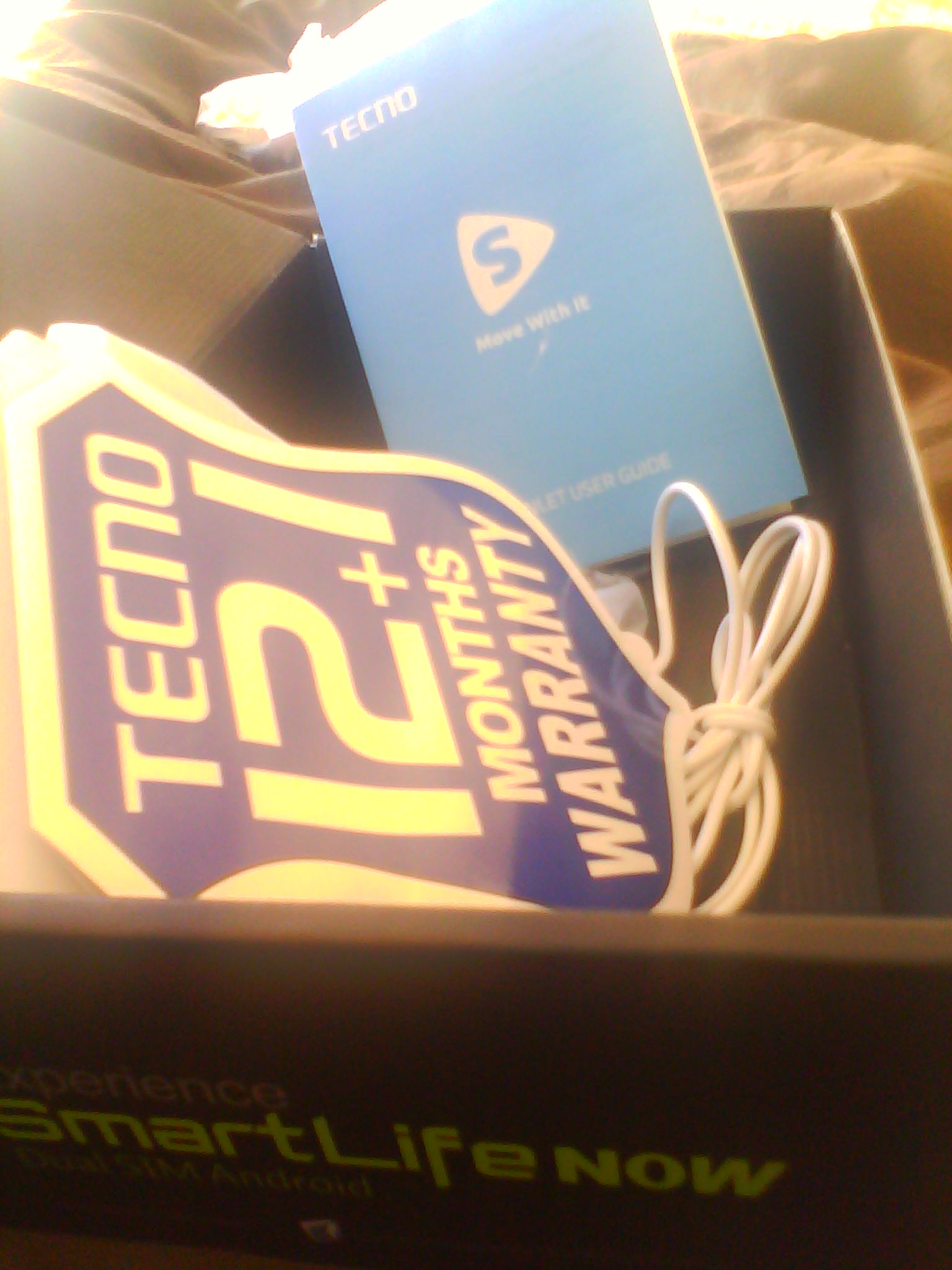As smartphone wars heat up: Africa Techies beware of the App distraction to your business
“Why should I get the intel Yolo vs the Samsung Pocket”– asked a young man at the Safaricom Junction shop.
“This phone is just like a computer, it has the intel chip inside!” replied the Safaricom attendant
“So this WiDi HD video streaming, I don’t have a compatible TV, it is useless to me”– shot back the young man.
“That’s ok, we are planning to sell the device adapter in Safaricom Stores from next month so you can use it even on an old TV.”
It is profound what a smartphone can do these days and in Africa it already has the potential to disrupt the middle class African living room for delivering mobile video content. But even a fancy feature like WiDi streaming needs to be thought through carefully as a valued feature for Africans who might not have the capable TVs- but clearly Intel and Safaricom have thought about this.
In the last few months, it has been fascinating to watch the launch and announcement of these entry level “value” smartphones. First, I jumped for joy when the Tecno N3 came out and I had to hunt it down in downtown Nairobi, at the time, it was selling 15/day at one retailer and at 11am, I grabbed the second to last one in stock that day. “This phone is outselling samsung”– said the shopkeeper. At 8,000 KES (less than $100), what a bargain- the killer feature for me being dual simcard, I now own 2 dual simcard phones to juggle my simcards. In Tanzania alone, I use Airtel for Internet, Vodacom for M-PESA and Zantel for international calls and for best reception in Zanzibar. According to Billy Owino of Qualcomm- 50% of new phones sold in Kenya are dual simcard, you won’t find dual simcard phones sold at Safaricom shops for obvious reasons, but even Nokia has paid attention to this important feature with their Asha line. Every phone manufacturer will likely be trying to release a single sim phone at launch with a mobile operator and then potentially follow up with a dual sim card version available at other shops.
The intel Yolo phone recently launched in Kenya seems like a ridiculously overpowered entry level smartphone– it ships with the latest Android OS, but so is the inevitable march of Moore’s law. Those in the ICT4D or development community who think smartphones for the African masses are a distant dream are in for a rude awakening when the middle class and lowering prices converge in the next few years- the Huwaei IDEOS phone now looks very dated and clunky… Even Microsoft sees the Market and has jumped in with partnership with Huwaei this week.
Apps for Africans to sell phones or build a business
Local apps race is on and you will start to see the big players start battling it out for developers mindshare. But do local apps help sell phones? Do apps make a business? I am increasingly wary of African startups being offered cash to develop apps and not negotiating the right terms. If you build an app for Nokia or Samsung, it might make business sense to help acquire users cheaply and have your app preloaded especially if the integration experience delights users and is sticky- like I was surprised to see with the Spinlet and Tecno N3, I got a nice leaflet and a few songs. Put too many apps on the phone and you risk bloating the first time experience.
However, if you are developing for a phone with limited share currently such as Microsoft Windows Phone, it might actually distract entrepreneurs building real startups the same way the increasing number pitch contests and conferences can do. Remember that an app needs to be supported over time not just built once. Even Facebook themselves did not build an app for new blackberry 10 platform…
I remember an e-mail discussion I once saw between the founder of Uber, Travis, the popular on demand limo/taxi ordering app, and Microsoft Windows Phone team about creating a native app- Travis consistently replied “My app on your OS platform does not help my business, if users don’t have the iOS or Android app they can just use the mobile web or order by SMS! People actually do this and it works great”… There is a difference between building an app for hire and running a business. It can be very painful to work with a mobile operator and phone manufacturer on the right integration, even Steve Jobs worked tirelessly to integrate apps and mobile operator features with the launch of the iPhone that changed the telecoms market and shifted power from Mobile Operator back to the software developers.
